ICJ to rule on Croatian and Serbian genocide laswuits
The International Court of Justice (ICJ) will today rule on genocide lawssuits filed by Croatia and Serbia for the crimes committed in Croatia in 1991-1995.
Tuesday, 03.02.2015.
09:37

ICJ to rule on Croatian and Serbian genocide laswuits
Selakovic said that Serbia, "as a UN member" will respect the ruling, but added that he thought it was "completely convinced it was impossible" that the court will find Serbia guilty.Serbian Minister of Trade Rasim Ljajic also does not expect Serbia to be declared guilty, and noted that the verdict will finish the legal aspect, transferring the case to the political field. Asked how much the court process cost the country, Lajic said he did not know the exact amount, but noted it was "immeasurably less" than the lawsuit involving Bosnia-Herzegovina.
The ICJ is expected to pronounce the ruling on the suit filed by Croatia in July 1999 first, after which it will release its decision on the counter-suit filed by Serbia in January 2010.
The ICJ ruling will be final and cannot be appealed, and the countries will have the obligation to adhere to it.
Head of the Serbian legal team Sasa Obradovic told Tanjug on Monday that he expects the court to reject the Croatian genocide suit against Serbia or to reject the section of it that covers the year of 1991.
He explained that the ICJ could reject the suit in the section in case it finds that Serbia cannot be called on to answer for the 1991 events when it was one of the republics of former SFRY and not an independent country.
Obradovic noted that it is possible for the ICJ to reject both the Croatian suit and the Serbian counter-suit in case it finds that no genocide was committed or establishes that genocide was committed only in a certain area, as is the case with Bosnia-Herzegovina, but he added that Serbia cannot be held responsible for this.
The ICJ staged the oral debate on the suit filed by Croatia and the counter-suit submitted by Serbia from March 3 to April 1, 2014.
Croatia instituted the proceedings before the ICJ on July 2, 1999, demanding financial compensation in the amount determined by the court, punishment for all war criminals, information about missing persons and return of stolen cultural heritage.
In its application, Croatia contended that, "by directly controlling the activity of its armed forces, intelligence agents, and various paramilitary detachments” on the territory of Croatia, Serbia was liable for the 'ethnic cleansing' committed against Croatian citizens, "a form of genocide which resulted in large numbers of Croatian citizens being displaced, killed, tortured, or illegally detained, as well as extensive property destruction."
Croatia stated that about 10,000 people were killed, while more than 7,000 were detained in camps in Vukovar, the Knin region, eastern and western Slavonia and Dalmatia.
Serbia filed its counter-claim on January 4, 2010, accusing Croatia of genocide and ethnic cleansing affecting around 230,000 Serbs during Operation Storm, including the murder of about 7,000 Serbs and close to 2,000 missing, the burning and destruction of Serb property, cultural monuments and property of the Serbian Orthodox Church.
The documents Serbia submitted to the ICJ contain evidence of crimes committed against Serbs in Gospic, Sisak, Pakracka Dolina, Karlovac, Osijek, Paulin Dvor, Medacki Dzep (Pocket), Maslenica and during Operation Flash and Operation Storm.
Serbia's counter-claim points to the continuity of genocide, as the Croatian Nazis (Ustasha) killed several hundreds of thousands of Serbs, Jews and Roma in the Independent state of Croatia during World War II.
The Serbian argument was collected in three volumes spanning over 1,000 pages and three annexes, and the answer to Croatia's accusations totals 322 pages.
Serbia wants the ICJ to declare the Croatian armed forces' 1995 Operation Storm a genocide against the Serbian people and to find Croatia guilty of violating the UN Convention on the Prevention and Punishment of the Crime of Genocide.
Serbia wants the ICJ to order Croatia to punish all perpetrators of the crimes, pay compensation to Croatian Serbs for their losses, provide legal conditions for a safe return of Serb refugees to their homes and for their normal life and stop celebrating August 5 as a national holiday.
According to estimates by the Association of refugees and other associations of Serbs from Croatia, the total value of destroyed, looted and usurped property of the Serbs expelled and displaced from Croatia amounts to over EUR 30 billion.
The ICJ ruling will be binding and the countries in the dispute will not have the right of appeal. In case the Court issues an instruction for the state, for example in view of the damage compensation, the country has the obligation to adhere to it.
At this stage of the procedure, the ICJ will not adopt the decision on potential damage compensation and will instead set a certain deadline for the countries to reach an agreement thereon.
In case the countries fail to reach an agreement, they will address the Court with their requests. The UN Security Council will monitor the implementation of the ICJ decisions.












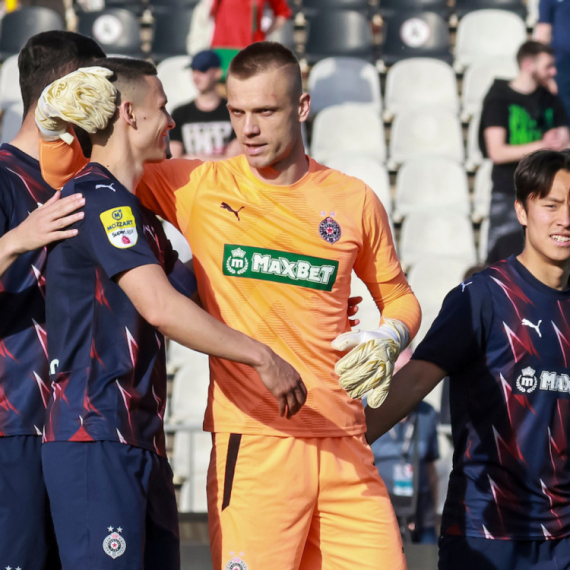

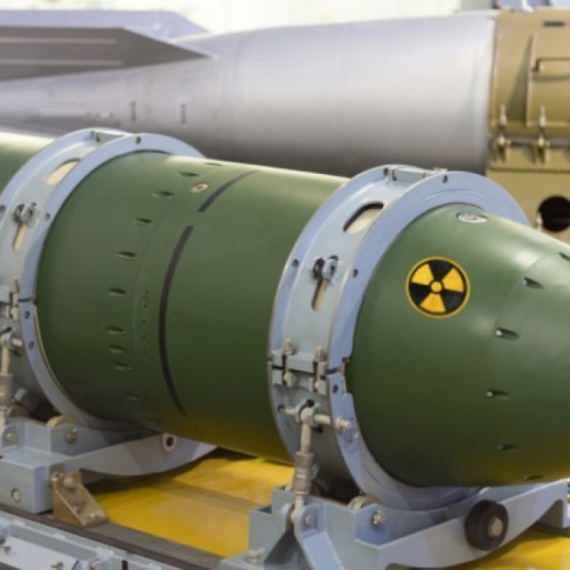

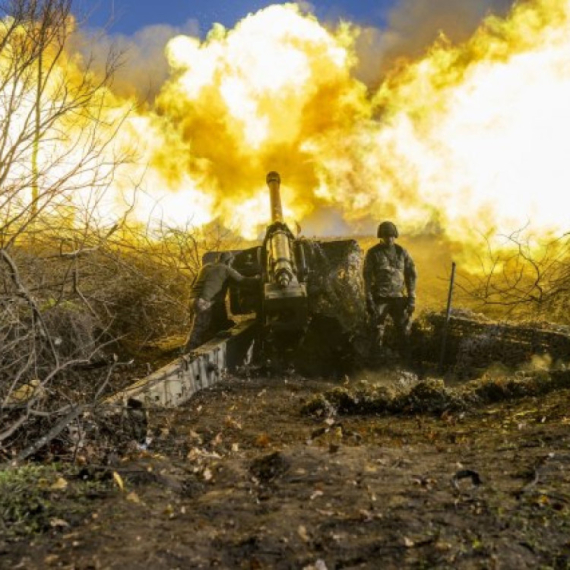
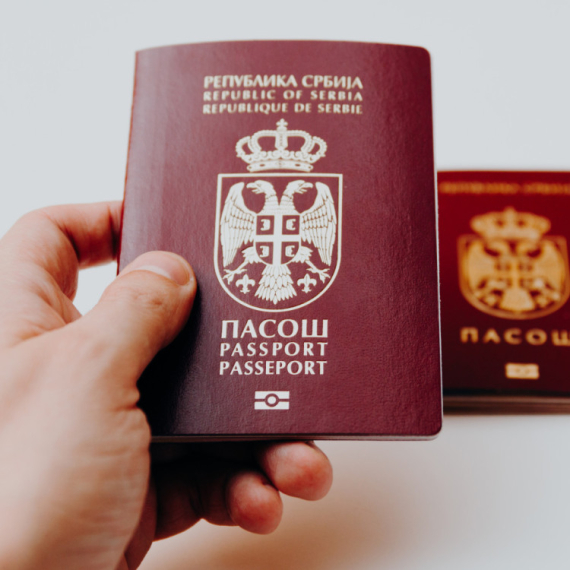
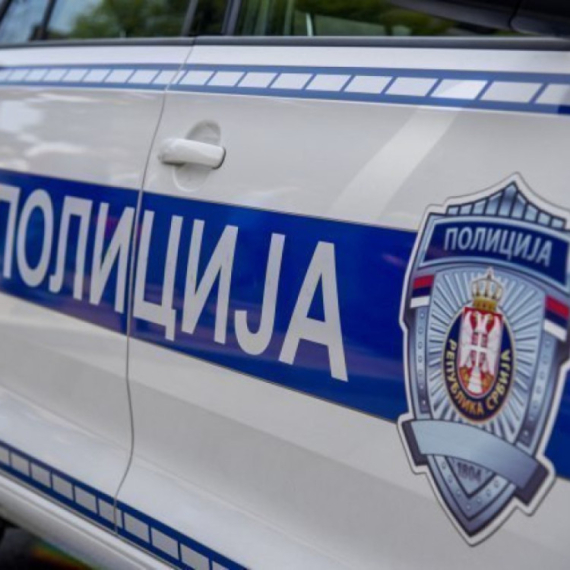
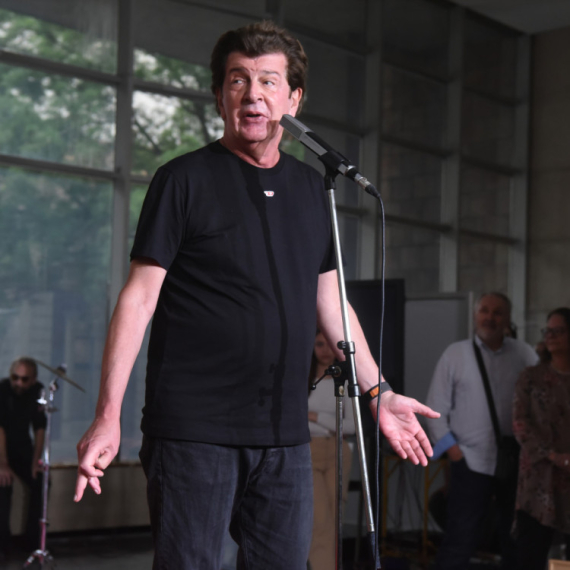


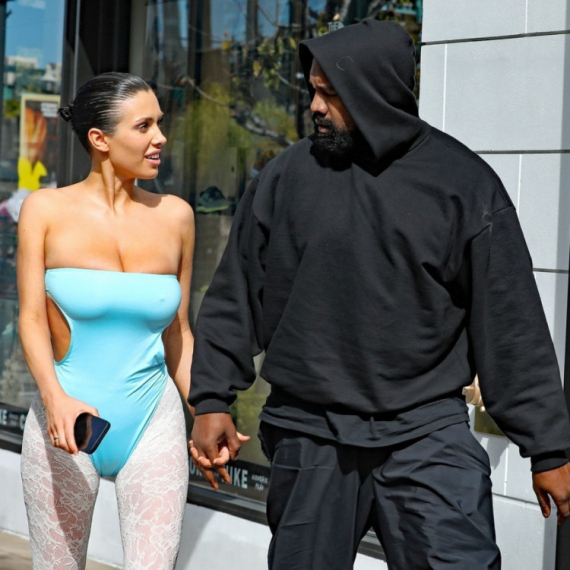
















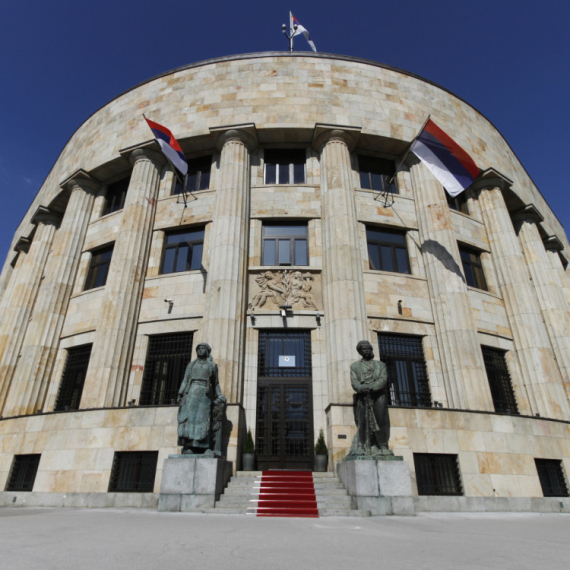













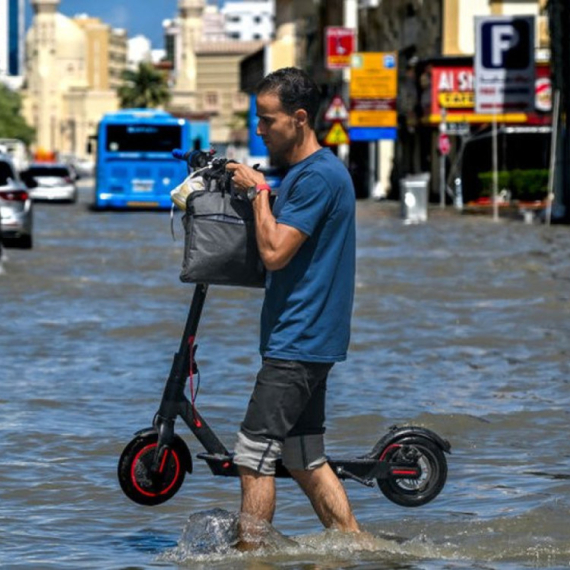
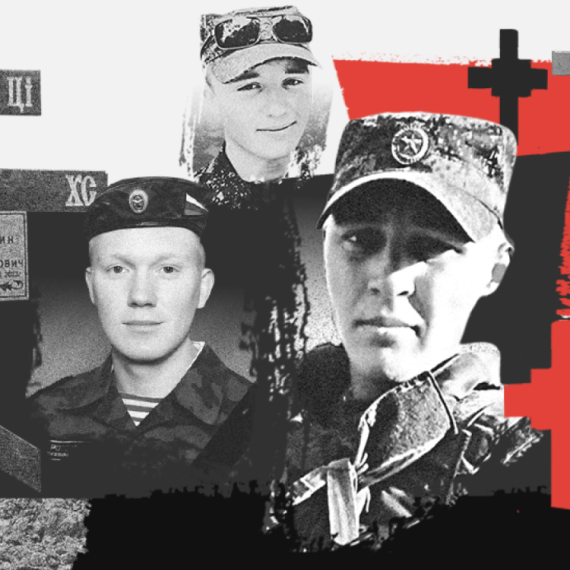

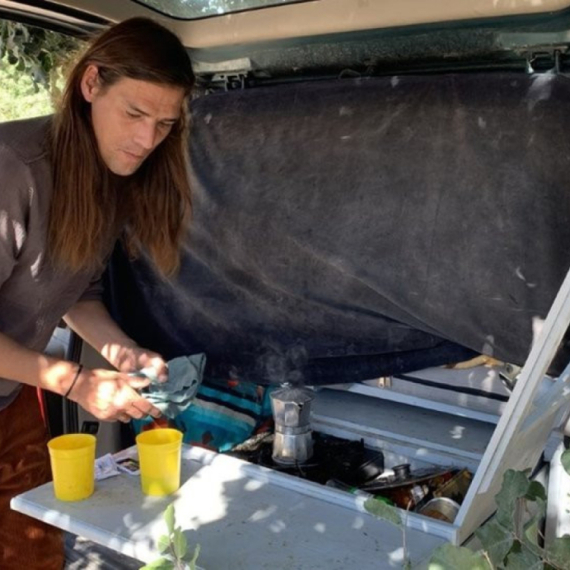
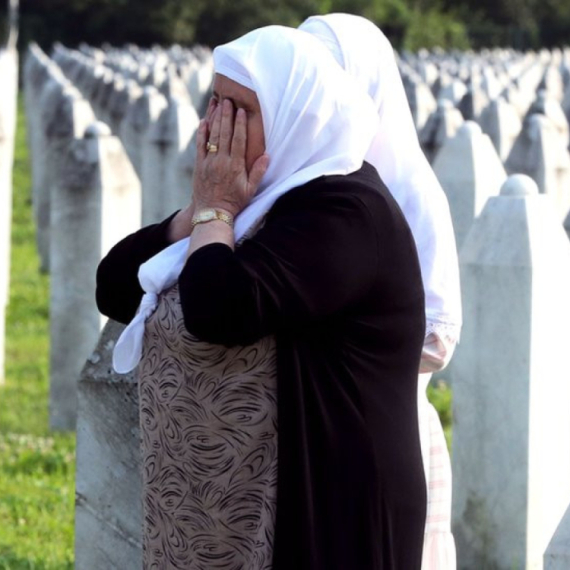

Komentari 0